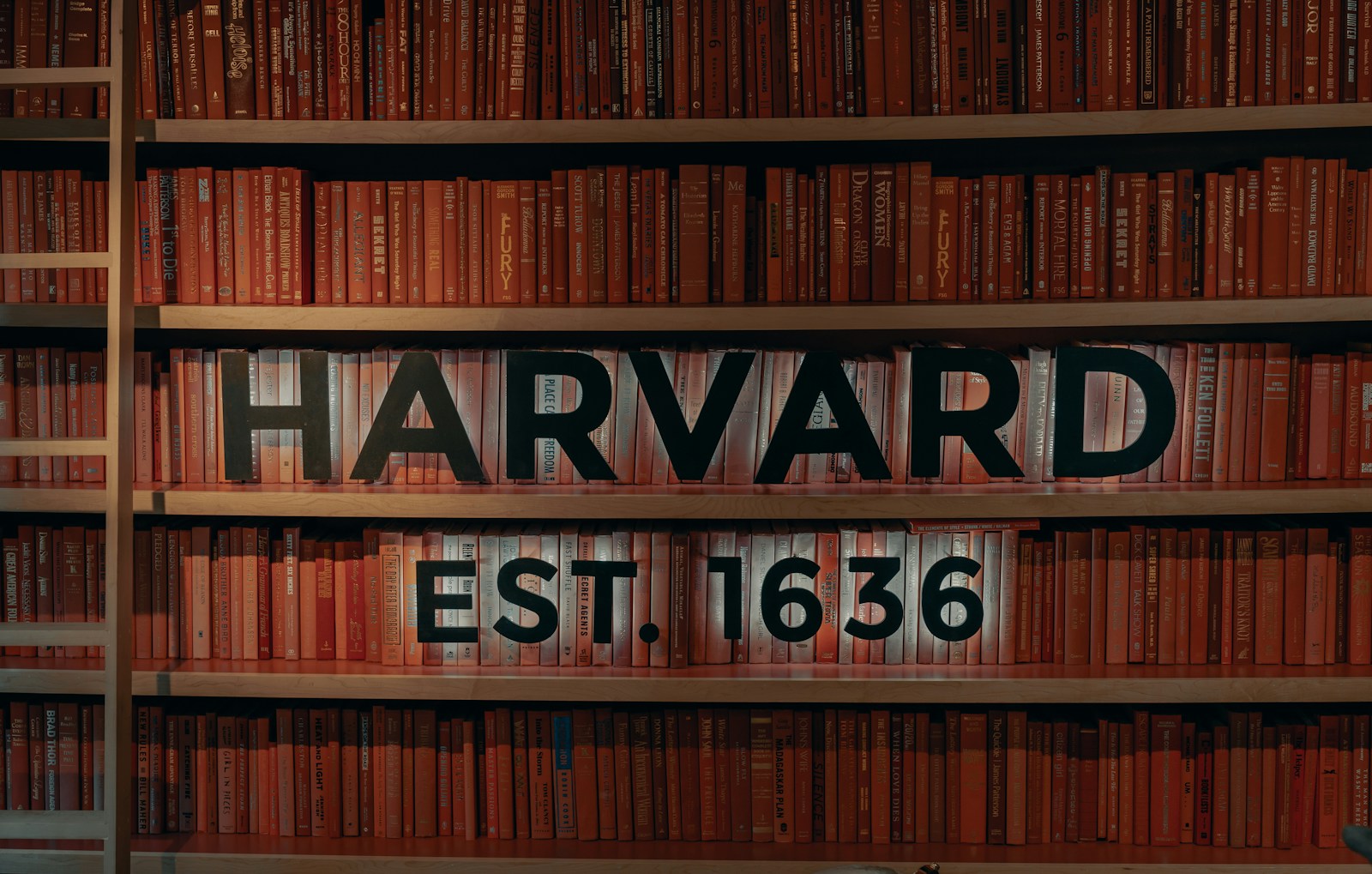Key takeaways:
– A group of top Harvard faculty sent a letter urging the university to resist government demands.
– They warned any deal with the administration could harm academic freedom and democracy.
– The letter calls for Harvard to keep full control of hiring, admissions, and course content.
– Other scholars praised Harvard faculty and warned about long-term dangers to education.
Why They Wrote the Letter
A coalition of Harvard professors warned the university about recent pressure from the federal government. They posted their letter on a public social media site. In it, they called out an “assault on the vibrancy and inclusiveness” of higher education. They argued that Harvard must not yield to threats about funding or accreditation. Instead, they urged the school to stand firm. They said academic freedom serves all of American democracy. They also said that any deal could set a harmful example. Therefore, they chose to make their views public now.
The Main Demands
First, the scholars said Harvard must control its own leadership choices. They stressed that the government should not pick or block university officials. Second, they argued Harvard must keep full authority over faculty hiring. They also said the government must not decide which students Harvard admits. In addition, they insisted faculty alone should design course content. Thus, the group laid out clear red lines. They said these issues cannot be up for negotiation. Finally, they noted that Harvard’s high profile makes its actions key for other schools.
Law School Professor Speaks Out
Harvard Law School professor Rebecca Tushnet wrote a separate letter to the university president. She warned against any settlement with the administration. She argued that even a “good deal” will invite further demands. She said that deal-making with this government will encourage other campuses to give in. Therefore, she urged Harvard to refuse any compromise. She described Harvard as a “beacon for academic freedom.” She added that this status carries a responsibility to resist coercion.
Support from Other Scholars
Soon after the Harvard faculty letter appeared, scholars from other universities spoke up. They praised the Harvard professors for taking a clear stand. A political scientist from Marquette University said she trusts their judgment on political risks. A law professor from a major California university called the Harvard group “top thinkers” on democracy. Other academics applauded the letter for its clarity and bold stance. They noted that faculty at many institutions face similar pressures. Thus, they saw Harvard’s action as an important example to follow.
Harvard’s Legal Battle
Harvard entered a legal fight with the federal government after funding cuts and accreditation threats. The administration first cut off major research grants and student aid funding. Then it warned it might revoke Harvard’s accreditation. Such moves could damage Harvard’s reputation and finances. In response, Harvard filed a lawsuit challenging the administration’s actions. Meanwhile, university leaders considered negotiating to restore federal support. Reports suggested they eyed a deal similar to one struck with another top university. This prospect likely spurred faculty members to write their open letter now.
What Happens Next
Harvard’s president must decide whether to negotiate or hold his ground against the administration. If Harvard signs a deal, faculty worry it will undercut academic freedom nationwide. Conversely, a refusal may prolong the legal battle and funding cuts. Yet many professors say that public clarity matters more than quick resolution. They believe that universities must defend their independence at all costs. Therefore, Harvard’s next steps will affect higher education far beyond its campus. In the coming weeks, the university community and the public will watch for any agreement or court ruling.
Final Thoughts
This moment highlights a key tension between universities and political power. As one of the oldest colleges in the country, Harvard has long shaped American learning. Now, it must decide whether to compromise or resist in defense of shared values. Faculty members argue that giving in would weaken the very freedoms that drive innovation and debate. Moreover, they say that standing firm can inspire other schools to uphold academic autonomy. At a time when higher education faces growing challenges, Harvard’s choice will send an important signal.
